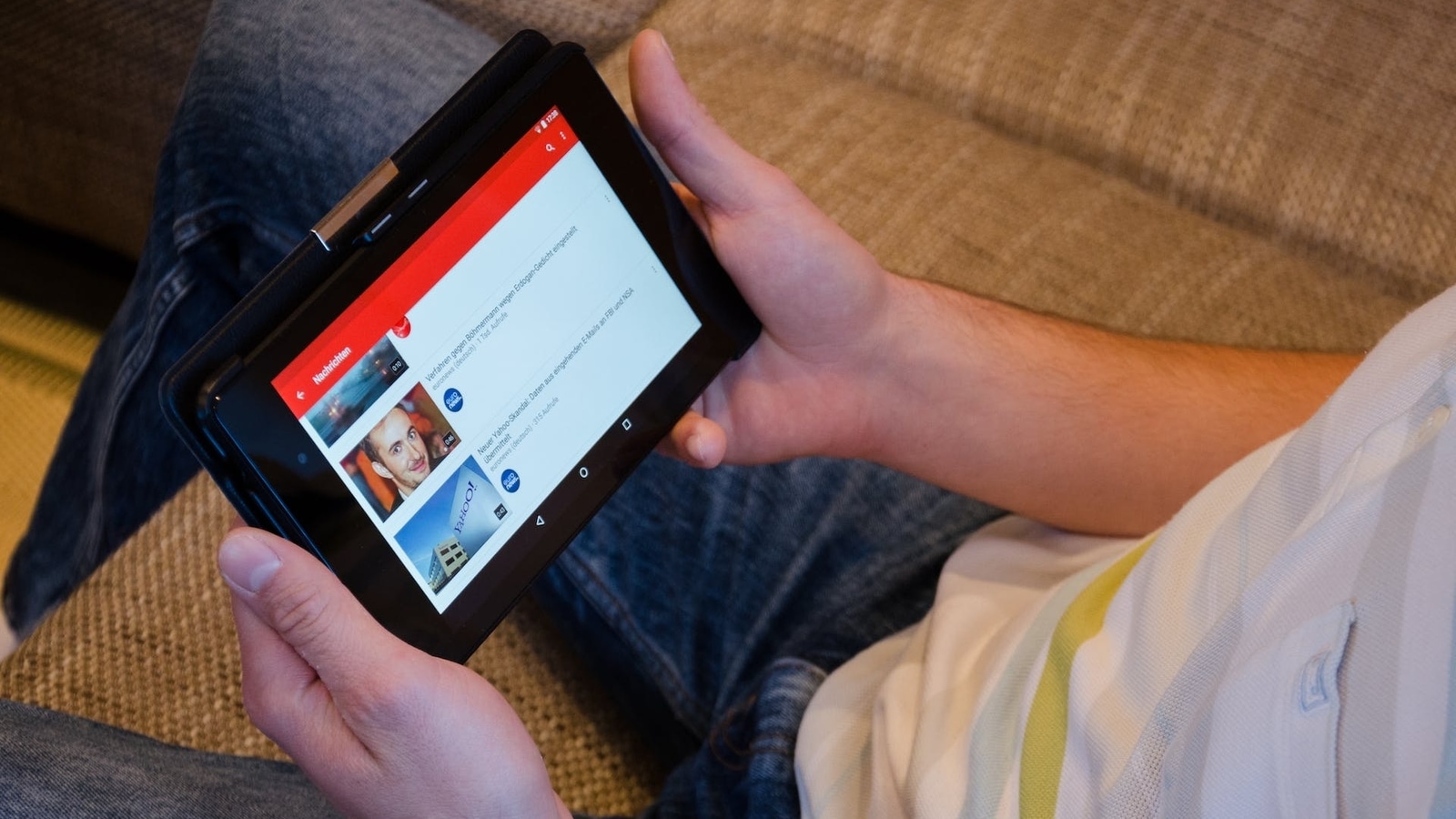YouTube makes finding emergency how-to videos more accessible
YouTube is prioritising the availability of videos that are for emergencies. This will be through the first-aid shelves for quick emergency help and users will find them right on top of their search queries.

YouTube is revolutionising its platform to combat medical misinformation and help users access crucial first-aid information swiftly. Renowned for its diverse content, YouTube has now partnered with authoritative health organisations to prioritise easily accessible, credible instructional how-to videos for handling emergencies.
In its latest update, YouTube has introduced first-aid information shelves pinned at the top of search results. These shelves include step-by-step videos from accredited sources covering essential topics like CPR, choking, bleeding, heart attack, stroke, seizure, and opioid overdose. The collaboration with Mass General Brigham and the Mexican Red Cross brings this initiative to the US in both English and Spanish.
We are now on WhatsApp. Click to join.
YouTube Health, tasked to provide high-quality health content globally, also includes health labels identifying videos from medical professionals. A crisis resource panel connects users with live support during emergencies. With these additions, YouTube aims to expand its impact to more countries and languages in the near future.
Alongside the first-aid shelves, YouTube offers a free 11-video CPR course developed by the American Heart Association. This comprehensive resource enables users to grasp hands-only CPR, a vital skill in unexpected emergencies.
Recognising the challenge of content moderation, YouTube has addressed concerns by announcing a framework against medical misinformation. This strategic approach involves removing content contradicting established health guidelines, especially in areas like cancer, Covid, and reproductive health. The move comes after the platform faced criticism during the Covid-19 pandemic for spreading inaccurate information, leading to the removal of numerous violating videos.
Despite the pandemic's subsiding, the prevalence of medical misinformation remains a concern. A recent study found misinformation and commercial bias in popular YouTube videos about insomnia and sleep. YouTube's commitment to combating such misinformation aligns with its dedication to providing credible, life-saving information.
In short, YouTube's proactive steps to enhance user safety and education mark a significant shift in its content strategy. By prioritising credible health information and first-aid tutorials, the platform demonstrates its commitment to making a positive impact beyond entertainment.
Also, read these top stories:
The worst of CES 2024! The worst gadgets could harm us or our society and planet in such “innovatively bad” ways that a panel of self-described dystopia experts has judged them “Worst in Show.” Some interesting details in this article. Check it out here. If you enjoyed reading this article, please forward it to your friends and family.
Trust in AI? Not even if your eyes tell you to! They are lying. Technology will only get us so far in dealing with AI-generated photos, of which there will be many.
Find out what we must become here. If you enjoyed reading this article, please forward it to your friends and family.
The founder-CEOs are feeling the heat! What happened to OpenAI's Sam Altman, Bumble's Whitney Herd indicates that, as profitability becomes a priority at startups, pendulum swings back from the “visionary” founder to the professional. Check out the shocking change here.
Catch all the Latest Tech News, Mobile News, Laptop News, Gaming news, Wearables News , How To News, also keep up with us on Whatsapp channel,Twitter, Facebook, Google News, and Instagram. For our latest videos, subscribe to our YouTube channel.































